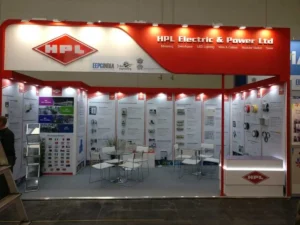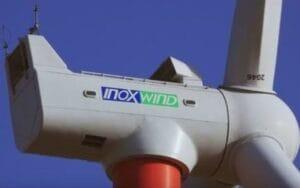1. At a Glance
Sammaan Capital’s Q1 FY26 looked almost… normal — ₹2,400 Cr revenue, ₹334 Cr profit, 6.9% NIM. But scratch the surface and FY25 still screams disaster: a ₹1,800 Cr annual loss, a negative ROE of -8.7%, and financing margins that once turned-151%in a single quarter (Q3 FY25). In short: the balance sheet’s recovering, but the ghosts of past lending excesses still haunt like unpaid rent.
2. Introduction
Remember Indiabulls Housing Finance? The once high-flying mortgage lender with breakneck growth, chunky dividends, and a fondness for corporate real estate loans? It’s now Sammaan Capital — perhaps to shed baggage, or perhaps because “Housing Finance Ltd” didn’t have the same vibe after a multi-year NPA saga.
The company’s core play is affordable and mid-ticket housing loans — but its past portfolio had more “fancy developer financing” than the NHB manual would approve. Cue provisioning, shrinking loan book, and a brand makeover to convince markets they’re back to basics.
3. Business Model (WTF Do They Even Do?)
- Primary Business: Home loans, loan against property, corporate mortgage loans, lease rental discounting.
- Ticket Size: Affordable housing focus — ₹15–30 lakh loans, interest 9.75–11.5%, 15-year average tenure.
- Clients: Salaried + self-employed borrowers.
- Revenue Source: Interest income (NIM target ~6–7%), processing fees, occasional treasury gains.
- Moat: Distribution network, brand recall (even post-rebrand), NHB license.
In essence: borrow cheap, lend slightly less cheap, and pray your customers pay back on time.
4. Financials Overview
| Metric | Q1 FY26 | Q1 FY25 | Q4 FY25 | YoY % | QoQ % |
|---|---|---|---|---|---|
| Revenue (₹ Cr) | 2,400 | 2,207 | 2,107 | 8.8% | 13.9% |
| EBITDA (₹ Cr) | 480* | 426* | 455* | 12.7% | 5.5% |
| PAT (₹ Cr) | 334 | 327 | 324 | 2.1% | 3.1% |
| EPS (₹) | 4.04 | 6.59 | 3.91 | -38.7% | 3.3% |
*EBITDA proxied via Financing Profit.
Commentary:Revenue and margins look stable now, but the YoY EPS drop is largely optical — last
year’s Q1 had unusually high earnings before the provisioning tsunami of FY25’s later quarters.
5. Valuation (Fair Value RANGE only)
Method 1: P/B
- Book Value = ₹263/share
- Housing finance peers trade at 0.8–2.5× BV depending on asset quality.
- FV Range (PB) = ₹210 – ₹660
Method 2: P/E
- FY26E PAT (annualised from Q1) ≈ ₹1,336 Cr
- With sector P/E range 5–15× → FV Range = ₹65 – ₹195
Method 3: Dividend Yield Model
- FY24 payout was nil; historic average ~30% in good years. Assuming return to ₹5/share dividend in 3 years at 10% cost of equity → PV ≈ ₹120
Educational FV Range:₹120 – ₹200This FV range is for educational purposes only and is not investment advice.
6. What’s Cooking – News, Triggers, Drama
- AUM ₹62,378 Cr– Stable, signalling loan book is no longer in freefall.
- Asset Quality Improvement– GNPA down to 1.14% (from 3%+ two years ago).
- Merger Updates– Continuing inorganic experiments — details pending regulatory clearance.




















